detail profile asakazu nakai
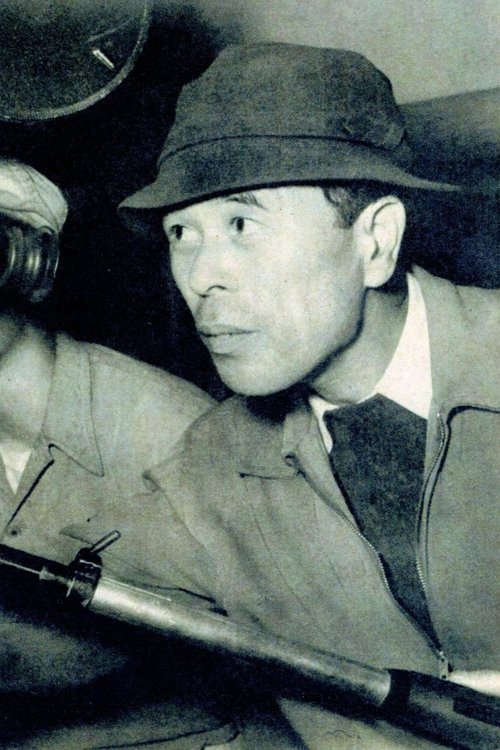
Riwayat Hidup
Asakazu Nakai (Japanese: 中井朝一; August 29, 1901 – February 28, 1988) was a Japanese cinematographer, born in Kobe.
He worked on a dozen films with filmmaker Akira Kurosawa.
He was nominated for the Academy Award for Best Cinematography for his work in the film Ran (1985).
In 1950 he won the award for Best Cinematography at the Mainichi Film Concours for Stray Dog.
Info Pribadi
Peran Yang Di Mainkan Asakazu Nakai
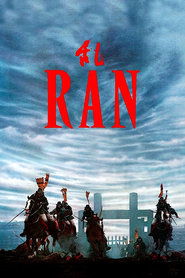 With Ran legendary director Akira Kurosawa...
With Ran legendary director Akira Kurosawa...Ran 1985
With Ran, legendary director Akira Kurosawa reimagines Shakespeare's King Lear as a singular historical epic set in sixteenth-century Japan. Majestic in scope, the film is Kurosawa's late-life masterpiece, a profound examination of the folly of war and the crumbling of one family under the weight of betrayal, greed, and the insatiable thirst for power.
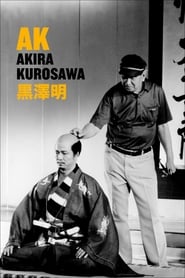 An intimate chronicle of the shooting...
An intimate chronicle of the shooting...A. K. 1985
An intimate chronicle of the shooting of Ran (1985), a film directed by the legendary Japanese filmmaker Akira Kurosawa.
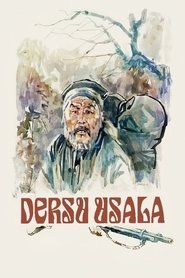 A military explorer meets and befriends...
A military explorer meets and befriends...Dersu Uzala 1975
A military explorer meets and befriends a Goldi man in Russia’s unmapped forests. A deep and abiding bond evolves between the two men, one civilized in the usual sense, the other at home in the glacial Siberian woods.
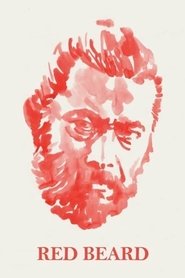 Aspiring to an easy job as...
Aspiring to an easy job as...Red Beard 1965
Aspiring to an easy job as personal physician to a wealthy family, Noboru Yasumoto is disappointed when his first post after medical school takes him to a small country clinic under the gruff doctor Red Beard. Yasumoto rebels in numerous ways, but Red Beard proves a wise and patient teacher. He gradually introduces his student to the unglamorous side of the profession, ultimately assigning him to care for a prostitute rescued from a local brothel.
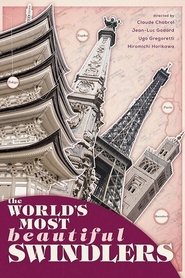 Five swindle stories taking place in...
Five swindle stories taking place in...The World's Most Beautiful Swindlers 1964
Five swindle stories, taking place in five international cities: Tokyo, Japan ("Fumiko's Five Benefactors" by Hiromichi Horikawa); Amsterdam, The Netherlands ("A River of Diamonds" by Roman Polanski); Naples, Italy ("The Road Map" by Ugo Gregoretti); Paris, France ("The Man Who Sold the Eiffel Tower" by Claude Chabrol); and Marrakesh, Morocco ("The Confidence Man" by Jean-Luc Godard). Godard's segment was not included in the original French cinema release, and Polanski's segment was not included on the 2016 home disc release.
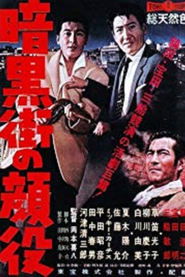 Ryuta and Mineo Komatsu are brothers...
Ryuta and Mineo Komatsu are brothers...The Big Boss 1959
Ryuta and Mineo Komatsu are brothers, both yakuza (gangsters). Mineo, although complicit in crime, even murder, wants out of the gangster life, hoping to become a successful singer instead. Ryuta loves his brother, but Mineo's possible defection presents problems for the gang, and Ryuta realizes he must kill his brother if he wants to survive.
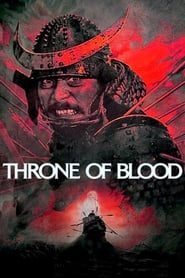 Returning to their lords castle samurai...
Returning to their lords castle samurai...Throne of Blood 1957
Returning to their lord's castle, samurai warriors Washizu and Miki are waylaid by a spirit who predicts their futures. When the first part of the spirit's prophecy comes true, Washizu's scheming wife, Asaji, presses him to speed up the rest of the spirit's prophecy by murdering his lord and usurping his place. Director Akira Kurosawa's resetting of William Shakespeare's "Macbeth" in feudal Japan is one of his most acclaimed films.
 Kiichi Nakajima an elderly foundry owner...
Kiichi Nakajima an elderly foundry owner...I Live in Fear 1955
Kiichi Nakajima, an elderly foundry owner, is convinced that Japan will be affected by an imminent nuclear war, and resolves to move his family to safety in Brazil. His family decides to have him ruled incompetent and Dr. Harada, a Domestic Court counselor, attempts to arbitrate.
 A bad day gets worse for...
A bad day gets worse for...Stray Dog 1949
A bad day gets worse for young detective Murakami when a pickpocket steals his gun on a hot, crowded bus. Desperate to right the wrong, he goes undercover, scavenging Tokyo’s sweltering streets for the stray dog whose desperation has led him to a life of crime. With each step, cop and criminal’s lives become more intertwined and the investigation becomes an examination of Murakami’s own dark side.
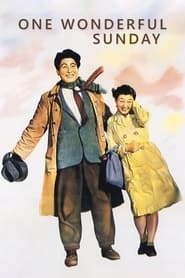 Yuzo and his fiance Masako spend...
Yuzo and his fiance Masako spend...One Wonderful Sunday 1947
Yuzo and his fiancée Masako spend their Sunday afternoon together, trying to have a good time on just thirty-five yen. They manage to have many small adventures, especially because Masako's optimism and belief in dreams is able to lift Yuzo from his realistic despair.
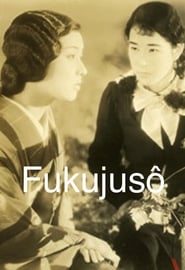 When Kaorus sisterinlaw Miyoko arrives at...
When Kaorus sisterinlaw Miyoko arrives at...The Scent of Pheasant’s Eye: An Episode from the Tales of Flowers 1935
When Kaoru's sister-in-law Miyoko arrives at the family home, tender feelings start to grow between the two. However, the initial happiness that Kaoru finds in the company of her beautiful sister-in-law is frustrated by her brother Mitsuo, Miyoko's husband, who intervenes in their budding passion. Full of unspoken words, deeply suggestive mise-en-scène, and forbidden glances, Fukujuso is a compelling melodrama that surprises us with its potent homoeroticism, especially considering its year of production.
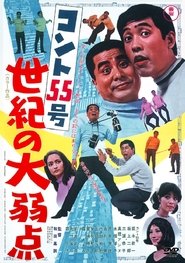 A Toho film featuring the comedy...
A Toho film featuring the comedy...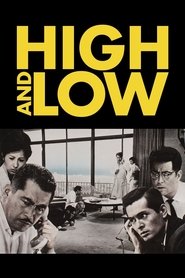 In the midst of an attempt...
In the midst of an attempt...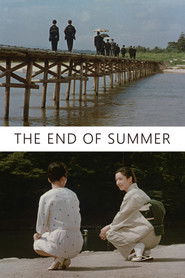 The family of an older man...
The family of an older man...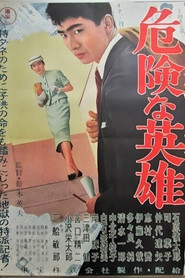 A film by Hideo Suzuki
A film by Hideo Suzuki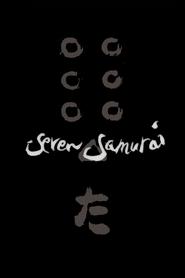 A samurai answers a villages request...
A samurai answers a villages request...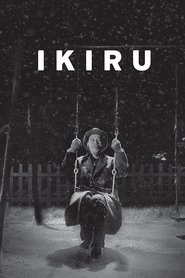 Kanji Watanabe is a middleaged man...
Kanji Watanabe is a middleaged man...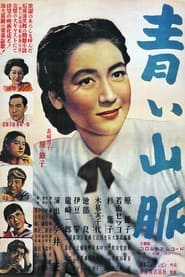 Teacher Yukiko finds herself in opposition...
Teacher Yukiko finds herself in opposition...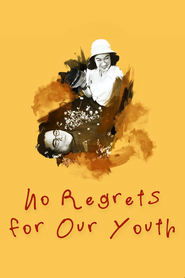 Over more than a decade the...
Over more than a decade the...